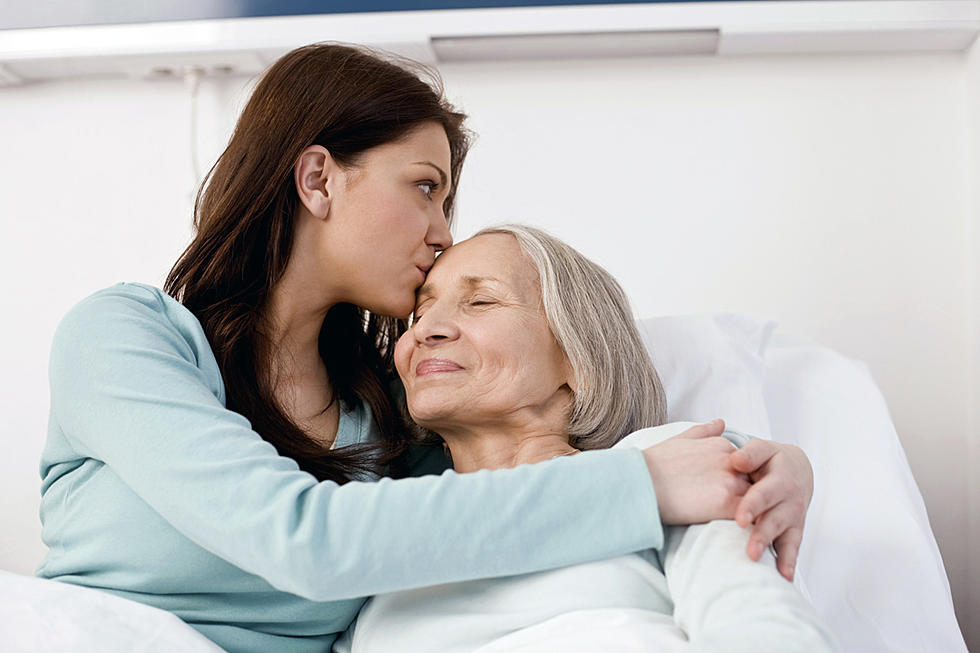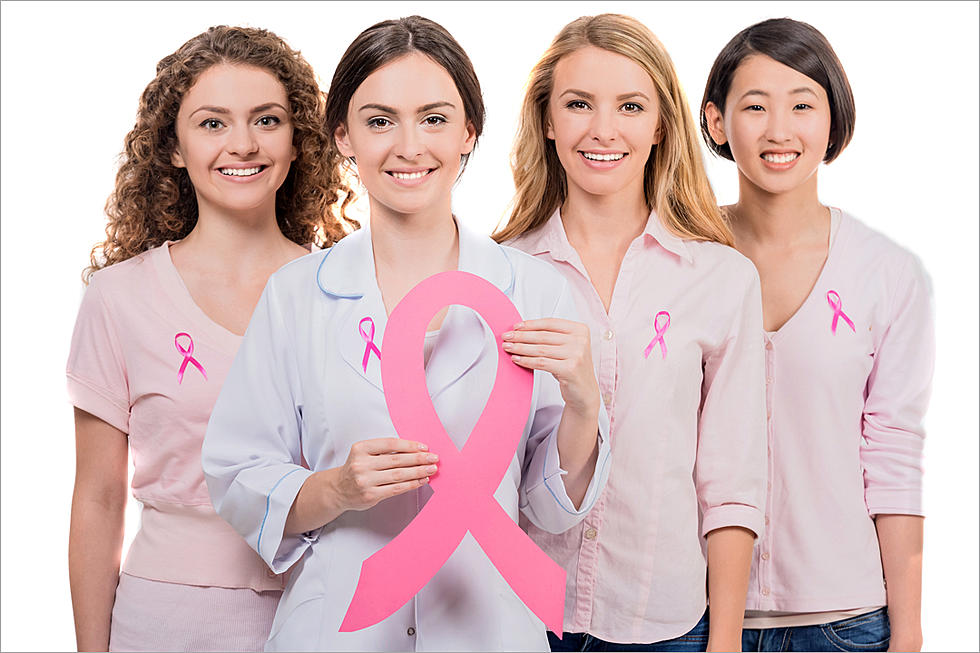
How to Be the Best Support for Someone Who Has Breast Cancer
If a friend or relative of yours receives a breast cancer diagnosis, your first instinct is to help. But knowing how to do that in the right way can be difficult to figure out. You want to be sure to avoid anything that might come across as an empty gesture, which is more likely to be a burden than an aid to that person, who could be feeling frightened, overwhelmed or just plain stressed out. Possibly worst of all, not knowing how to help could make you avoid that person altogether -- just when she needs you most.
These seven ways of supporting your loved one who has cancer could really make a positive difference:
Listen
Listening is one of the simplest and most effective ways you can support someone who has breast cancer. You don’t need to have solutions. Your friend doesn’t need to hear stories about others who have cancer. You aren’t going to be able offer this person the one kind of treatment that will cure everything. You can let her talk. You can let her express anything she’s feeling and wants to get off her chest. You can let her share as little or as much as she needs to. Just listen.
Talk About Something Else
Cancer is huge. Cancer immediately becomes the focal point of the patient’s life. So sometimes your friend will need to focus on something other than cancer. Ask if she needs a distraction. Then, be that distraction. Talk about something else. Laugh about something else. See a movie and talk about that. Do something you used to do before the diagnosis. Have a completely inane conversation about nothing important at all.
Give Carefully
Giving someone a gift can be a warm gesture that brings joy and is a reminder of support. But a thoughtless gift can have the opposite effect. Flowers can be bad for someone with immunity issues due to the effects of cancer treatments. When finding a gift for your loved one, think about what she’s going through and what she may need. Does she need something to read or do during treatment? Does she need something soft and warm to snuggle in when she’s feeling cold and sick? Does she need a cookbook to help her prepare meals based on her dietary restrictions? Be careful and think it through beforehand.
Support Family and Caregivers
It’s entirely possible that the other people who are close to your friend also need support. You can help by asking if they need assistance. You can coordinate meals or set up a phone tree to take some tasks off of their lists. Take the kids for a while. Give a caregiver a day off by covering doctor visits. Offer to do the jobs that are getting left off the list because time is short and everyone is exhausted. The first and best thing is just to ask what is needed.
Understand
The key to providing good support is understanding. Understand that your loved one will feel sick or tired. Understand that he will look different and will feel sensitive about that. Understand that treatments and medications can affect emotions and outlook. Your friend will go through many changes. Roll with those changes. Understand when your friend can’t talk. Understand when your friend isn’t feeling positive. Understand when your friend needs you at an inopportune time. Understand.
Don’t Disappear
The key to being a friend to someone who’s been diagnosed with cancer is to be there for her. Do not disappear. Don’t let your own feelings about cancer or discomfort keep you from saying or doing anything at all. You have to reach out. Say something simple. Do something simple. Send a small note. Ask what your friend needs. Say you’ll be around -- and then be around.
Stick With It
The road to remission is long and can take many turns. Your friend may need support for a long time after the initial diagnosis, so make sure you continue your support efforts beyond that first moment of shock. Keep sending notes and offering to run errands. Continue to stay tuned in to your friend’s recovery. Continue to find ways to distract her from what's happening. Continue to check in. Your friend’s needs will change, but no matter what, she will always need you.
More From KLAW-FM









